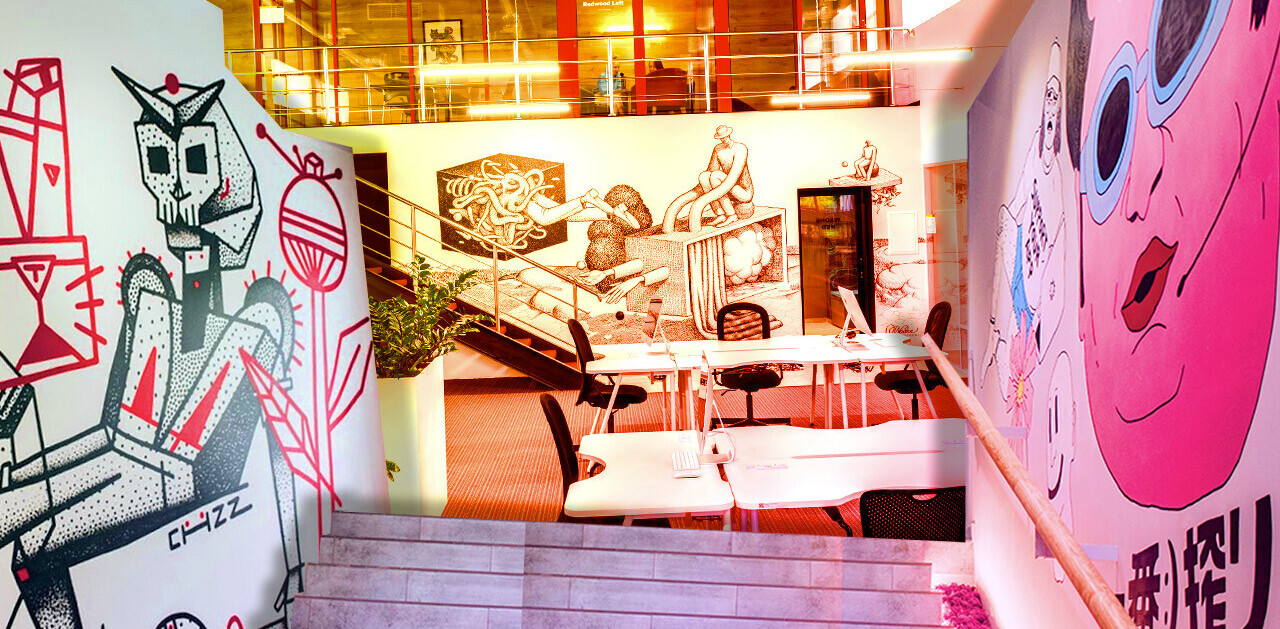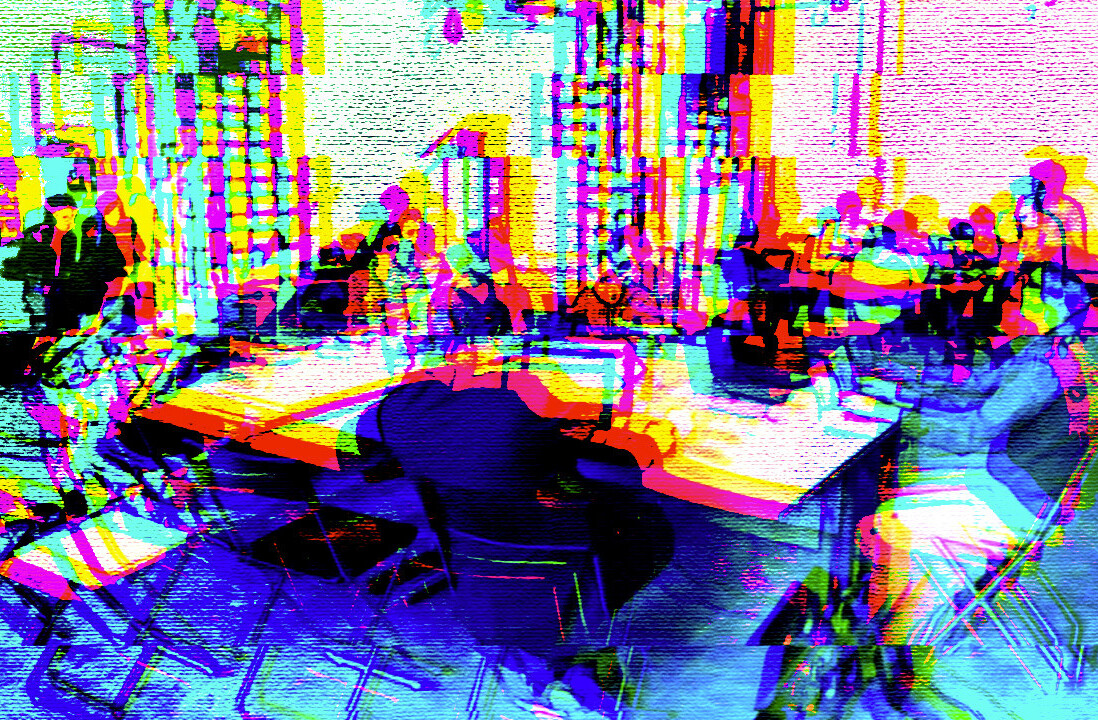
The COVID-19 outbreak has put the industrialized world on a lockdown, closing schools, shuttering the stock exchanges, and temporarily turning our world into a containment zone. With companies everywhere telling employees to take their laptops and work remotely. The need for a manager who “checks on you” has suddenly evaporated. If anything, this outbreak proved to everyone that life is complicated enough, especially now, to be managed by people who walk the halls of your company and seek power and self-worth by dominating others.
Simply put, they are not needed anymore. In today’s uncertain world of plagues and lockdowns, self-guidance and creativity are going to lead to every dimension of our economy. In this new world of “work-from-home”, creatives feel free from antagonisms of the old, and the creators of new. Getting people to perform competitively in environments where remote work relies on individual resourcefulness, the in-your-face old school management has died.
No more interactions like:
“Where are you today?”
“When are you coming in?”
Social distancing is demolishing age-old office hierarchies
Navigating the new-normal, managers must understand that regardless of location, position or title, everyone on the team has merit and value, and is worth listening to, no matter where they are working from; home, the office, or Bali. In this day and age, managers understand that their job is not to manage, but to partner, listen, and to stay productive at a time of great struggle.
The value of “the boss” has literally dropped to zero. In these challenging times, self-directed creative people flourish, and they do so through partnerships, relationships, and software, not top-down orders and office antics.
In a world where everyone is scrambling for answers, remote workers become life hackers, and brainy introverts can solve unprecedented problems better than ever since office hierarchies have become invisible. The brightest and most proactive workers will shine, with or without a manager, and we all see this now.
Working from home will be more common than ever
By March 2020, thousands of companies worldwide called on employees to “work from home” according to the financial data platform Sentieo. Will companies collapse due to the lack of a local manager breathing down their necks? Not all of them. Those who already have a modern and creative culture will thrive and survive because productivity and management are based on trust and inventiveness.
Modern leadership applies ingenuity and creativity to challenging times while being concerned for the safety of their team and their families. They don’t just talk about business and the obvious situation we’re in. They lead with compassion and innovation. They use Zoom and Slack, Dropbox and gDocs, Asana and Basecamp, and even find ways to thrive, against the odds.
COVID-19 is not just a virus, it’s a cultural tsunami
With COVID-19 changing everything we know, old school managers are obsolete. The new leader will be responsible for cultivating top morale, creativity, and direction across physical, social and time barriers. Such leaders will be “software-natives” who can master modern tools for productive interaction, with fast learning curves and deeper technical acumen.
Collaborating with remote teams will be one of the most desired skills of a modern leader, and those who hold dear to titles, sports-jackets, and corner offices will fade, giving way to a better way to work.
A change for good
This crisis presents humanity with an opportunity: deploy technology for a greater good, work with teams, companies, and governments with less polarization, and get rid of what’s broken.
Work should be fun and enjoyable, not a miserable and demoralizing experience. Today presents us with our best chance to hit the reset button and build better companies, cultures, and economy.
Get the TNW newsletter
Get the most important tech news in your inbox each week.





